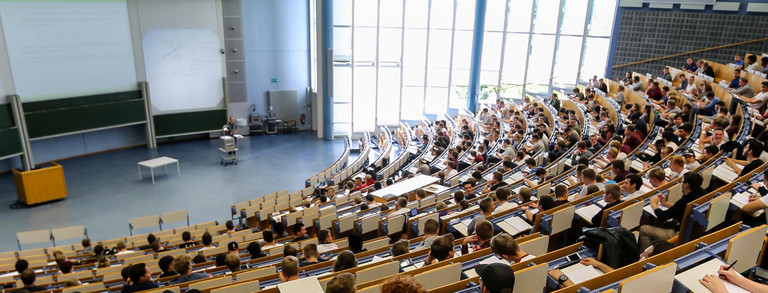Economics of Migration
| WiWi-Bachelor | WiWi-Master | RP-Bachelor | |
| Semester: | WiSe | WiSe | WiSe |
| Modul: | Modul 23 | URI III | Modul 23 |
| Umfang / Credits: | 2 SWS / 5 Credits | 4 SWS / 7,5 Credits | 2 SWS /2 Credits |
| Veranstaltungsart: | Seminar | Seminar | Seminar |
| Prüfungsart: | Seminararbeit und Präsentation | Seminararbeit und Präsentation | Seminararbeit und Präsentation |
| Sprache: | English | English | English |
| Bewerbung: | Onlinebewerbung | Onlinebewerbung | Onlinebewerbung |
| Beginn: | kein Angebot dieses Semester | kein Angebot dieses Semester | kein Angebot dieses Semester |
| Termin / Raum: | Mo, 16:15 - 17:45 / M811 | Mo, 16:15 - 17:45 / M811 | Mo, 16:15 - 17:45 / M811 |
| DozentIn: | tba | tba | tba |
Inhaltsübersicht
From Brexit to the border wall, closed ports to migrant camps, “bad hombres” to “expats”— the issue of migration is a highly relevant topic. Migrants play an important role both in the country of origin and in the recipient country. Market forces and political conditions significantly influence global migration, and the political response remains a political challenge.
In this seminar, we will explore the causes and effects of migration, both from a microeconomic perspective (e.g. the individual migration decision) and from a macroeconomic perspective (e.g. local labour market conditions and country conditions). Students will learn how to evaluate these current economic policy debates from a scientific perspective.
At the end of the seminar, we expect a written paper and presentation. Students can largely decide which particular topic they find most interesting. However, it is essential that topics are analysed using state-of-the-art scientific literature, as well as empirical analysis. Ultimately, we want to carry out an empirical project in student groups on a topic to be chosen by the students.
Please note that we expect students to conduct some empirical research in the term paper. Therefore experience in empirical analysis with statistical softwares such as R, Stata or Python is of advantage but not required.
Potential areas of interest could be:
- Models for individual / family migration — who migrates? Why and where? Who stays?
- How can we determine the impact of migration on countries of origin and destination?
- Are there models to explain the migration of asylum seekers?
- What do we know about the migration of “highly-skilled labour”?
- What characterises a meaningful migration policy?
Please note that this seminar will be conducted in English, and all presentations and assignments must be submitted in English.
Ansprechpartner
Ansprechpartner



